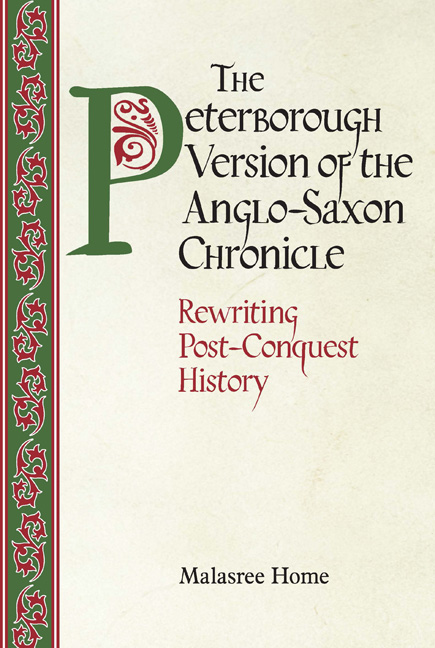Book contents
3 - Making the Chronicle: form, genre, identity
Published online by Cambridge University Press: 05 December 2015
Summary
Compiling the past and the present
Compilation, as an editorial function, involves a balance of activities ranging from passive gathering and collation of material to the more active construction and writing of new texts, or translations from one language to another. It is as relevant to medieval times as the modern, whether it involves the production of a text from a range of source texts in the Latin or vernacular, or the translation of a source code to machine language. In a modern world which lays great emphasis on ‘originality’ or ‘creativity’, the activity of the compiler (as it does not claim to add anything new to the text) is often placed in a subservient position to that of the ‘author’ or the ‘creator’. However, by contrast, the role of the compiler was a central one in the medieval and early modern periods, especially as it involved significant skill in ordering material derived from a range of texts and sources into a new, composite whole. Compilation was elevated to a literary form, and influenced works of vernacular literature. The compiler's arrangement of text and commentary through the concepts of ordinatio and compilatio became the means of monitoring the reader's response to the ‘auctoritates’, or inherited material, and also gave rise to the scholarly apparatus which we now assume to be an integral part of a text. This crystallization of the compiler's role demonstrates the importance of this editorial function in the making of medieval texts.
The analysis so far has focussed on the ideological and textual interplay within the Peterborough Chronicle. The complex procedure of amalgamating the past and the contemporary meant that the activities of the compiler, collator, translator, author and scribe frequently blurred boundaries. The process started with the acquisition of a Chronicle version belonging to an earlier tradition of historiography, one which had played an important part in the historiographical activity at Canterbury in the post-Conquest period.
- Type
- Chapter
- Information
- The Peterborough Version of the Anglo-Saxon ChronicleRewriting Post-Conquest History, pp. 101 - 142Publisher: Boydell & BrewerPrint publication year: 2015



